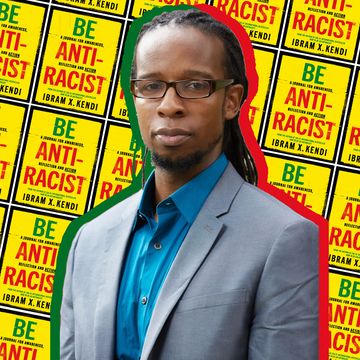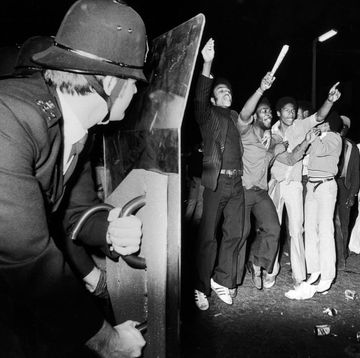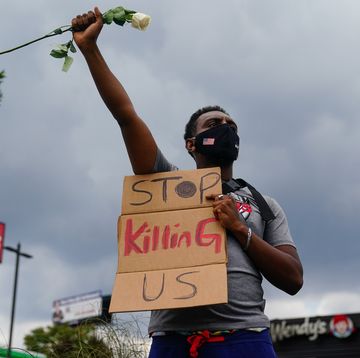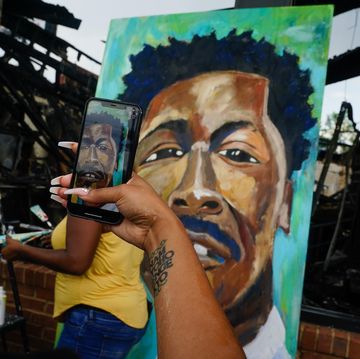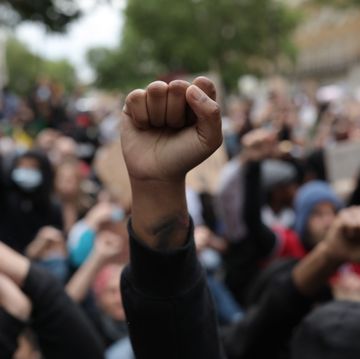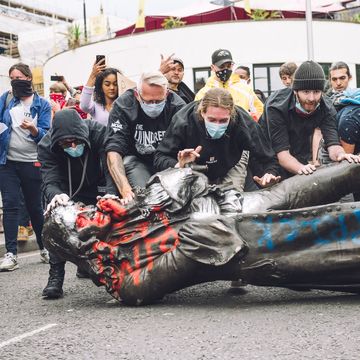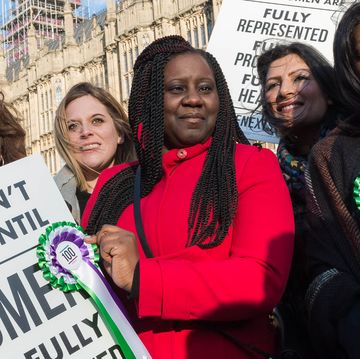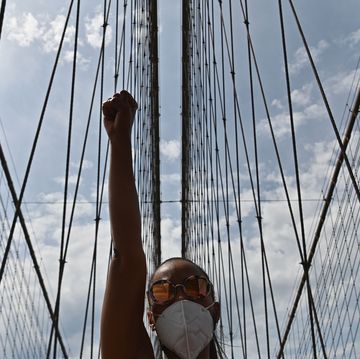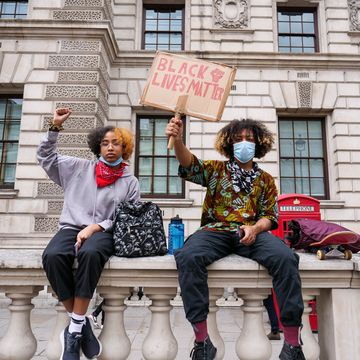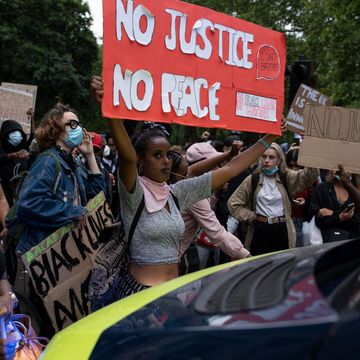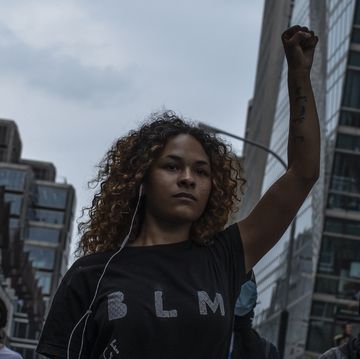I’m a black teenager from London. Amongst my normally apathetic friends the brutal murder of George Floyd has sparked a kind of outrage and anger I’ve never witnessed before. The growth of a new civil rights movement has prompted conversations about the parallels between the African American experience and the systemic racism, police brutality and discrimination faced by Black British people. But in wider society, especially the media and politics, there’s a common misconception that anti-Black racism is a uniquely American problem. And there is one big change we need to make to address: radically transforming our school history curriculum.
History is the DNA of society. In order to understand the racism of today we all need to have a basic understanding of Britain’s role in slavery, colonialism and empire. We should all leave school with an understanding of the harsh, uncomfortable realities of our nation’s past. As Afua Hirsch puts it, everyone should know “the racism that killed George Floyd was built in Britain”.
The reality of racism in the UK and USA is notably similar. On this side of the Atlantic, Black people are 40 times more likely to be stopped and searched than white people, ethnic minorities are twice as likely to be unemployed and Black students are most likely to be under-predicted at GCSE and A Level. And unarmed Black men also die while being arrested: Kingsley Burrell, Rashan Charles and Olaseni Lewis all lost their lives either while being arrested, or in police custody.
What, amongst other things, that’s preventing us from making progress is a disconnect between those of us in Black communities, who sit at the sharp end of lived systemic racism, and insulated outsiders who are ignorant to the struggles we face. To bridge that gap, we need reform to the education system. It must map the causes, realities and impacts of Britain’s history of colonialism, empire and slavery.
In our school history lessons on colonialism and slavery, we rarely discuss the social Darwinism and white supremacy that was used to justify it. The syllabus overlooks the dehumanisation of Black people that was needed to establish a system of slavery. It ignores the deep-rooted civilising and white saviour ideology that drove colonialism. Only through embedding white supremacy in every part of society could the violent, extractive system be justified. We need to make everyone, including young students, aware of how white supremacy still impacts us today, through a thorough examination of its history and legacy.
Our education system fails to equip people with the knowledge of just how much slavery and colonialism has shaped modern society. Without the nurses of the Windrush generation, who migrated from the Caribbean, creating the NHS would have been impossible. And despite British pride in its role in the abolition of slavery, until 2015 the taxpayer was still paying off debts incurred from compensating slave owners – the modern equivalent of £17bn. Or take the Notting Hill Carnival, heralded as one of the most visible signs of Britain's successful multiculturalism; it was actually created in response to the racially aggravated murder of Kelso Cochrane, an Antiguan migrant to Britain, which sparked the Notting Hill riots in 1959.
The current education system fails to properly convey the depth and violence of slavery, empire and colonialism. Our mandatory education system should instil in every school-leaver an awareness of the violence, and alienation from both home and identity, that Black people across the world have experienced. In doing so, we have to contextualise the relation of the racism of the past to realities of the present, like the 2017 Windrush scandal or the Grenfell Tower fire.
How do we actually strive for the progressive black history curriculum I’m calling for? Firstly we need to stop viewing black history as something that can be reduced and trivialised into one month. We need to involve black educators, historians and pupils in the creation of a new curriculum. We need a curriculum that boldly, with a critical lens, charts the changes in race relations in Britain. Knowledge is power. For us to collectively build a brighter better future of racial equality and justice, a radical change to our education system is needed.
Right-wing outrage over the removal of the statue of the Bristol slave owner Edward Colston by protesters has exposed a serious misunderstanding of history – tearing down his statue doesn't destroy history, it forces us to realise how the impact of slavery lives with us today. A changed curriculum should do the same.
It’s time for Black history to be given the time, space and energy it deserves. For the history of Black people in Britain isn't a footnote – it is crucial to understanding the story of Britain, and the shape of its future.
Athian Akec is a 17-year old-activist from Camden, London. He runs campaigns on climate change and knife crime. Follow him on Twitter @athianakec_myp.
Like this article? Sign up to our newsletter to get more delivered straight to your inbox
Need some positivity right now? Subscribe to Esquire now for a hit of style, fitness, culture and advice from the experts




